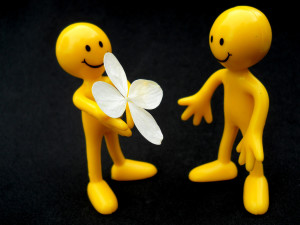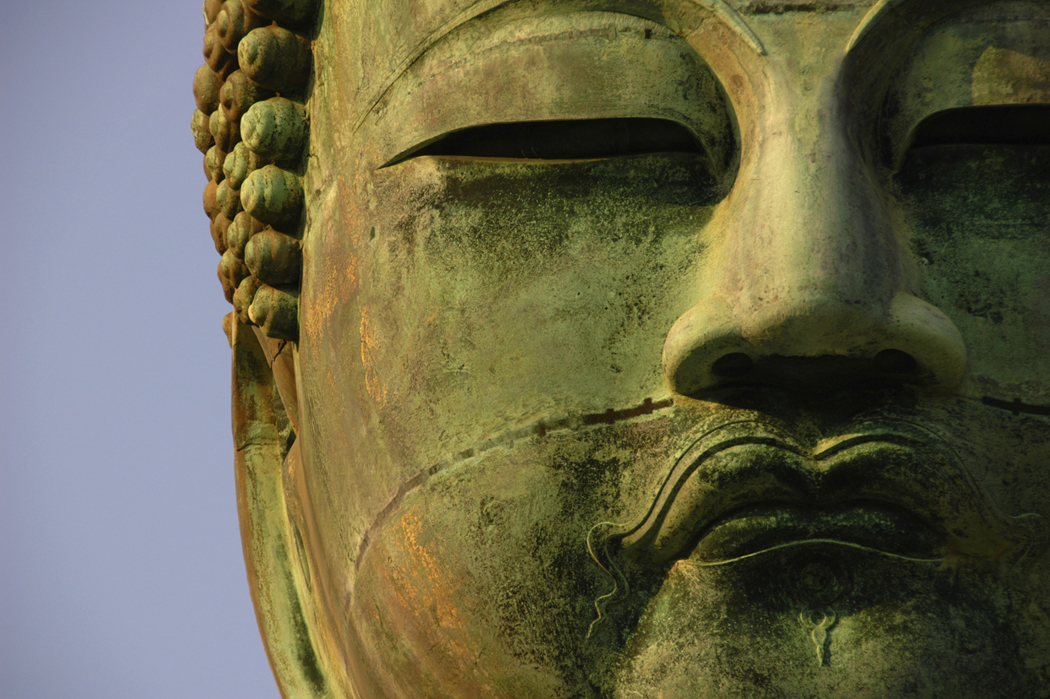Did you know that being kind to yourself and to others has considerable consequences? Everybody knows that responding in a mindful, curious, open, non-judgmental and kind manner in situations of interpersonal communication is a key to effectively transmitting your message and generating a fruitful dialogue.
But what I am sure you did not know is that a Japanese researcher was actually able to demonstrate the effects of kind words versus mean words/insults in water crystals. During many years, Masuro Emoto took photographs of various water crystals. He then exposed them to words, pictures, emotions, even music that were either more of a positive or a negative nature. The shapes and forms of the water crystals positively influenced became even more beautiful; the ones receiving a negative treatment became ugly and even deformed.
If you think about us humans composed of 60% of water, it is incredible to imagine what effect positive words, thoughts or else can have on our system…
There apparently is an experiment that you could try out at home to see this for yourself (I still have to do it):
Fill two small glasses with a little bit of cooked rice; add some water on top of the rice. On one of the glasses, put a label on which you would write the words you would typically use when insulting/being mean to somebody (for example: “You idiot”). On the other glass, you put a label writing a nice thought, kind and pleasant words. (For example: “You are beautiful”). Please chose your own words!
Now put the two glasses away from each other and every day, for the next three weeks you will now:
- Insult the glass with the “mean” label
- Very gently and kindly speak to the glass with the “kind” label.
Progressively you will perceive the effects: the glass with the “mean” label will begin to smell badly and even decompose (rot). The “kind” glass will release a pleasant odor, sometimes even somewhat sweet. The rice will still be white, whereas in the other glass the rice will become dark.
Please be sure to let me know what you found out!



